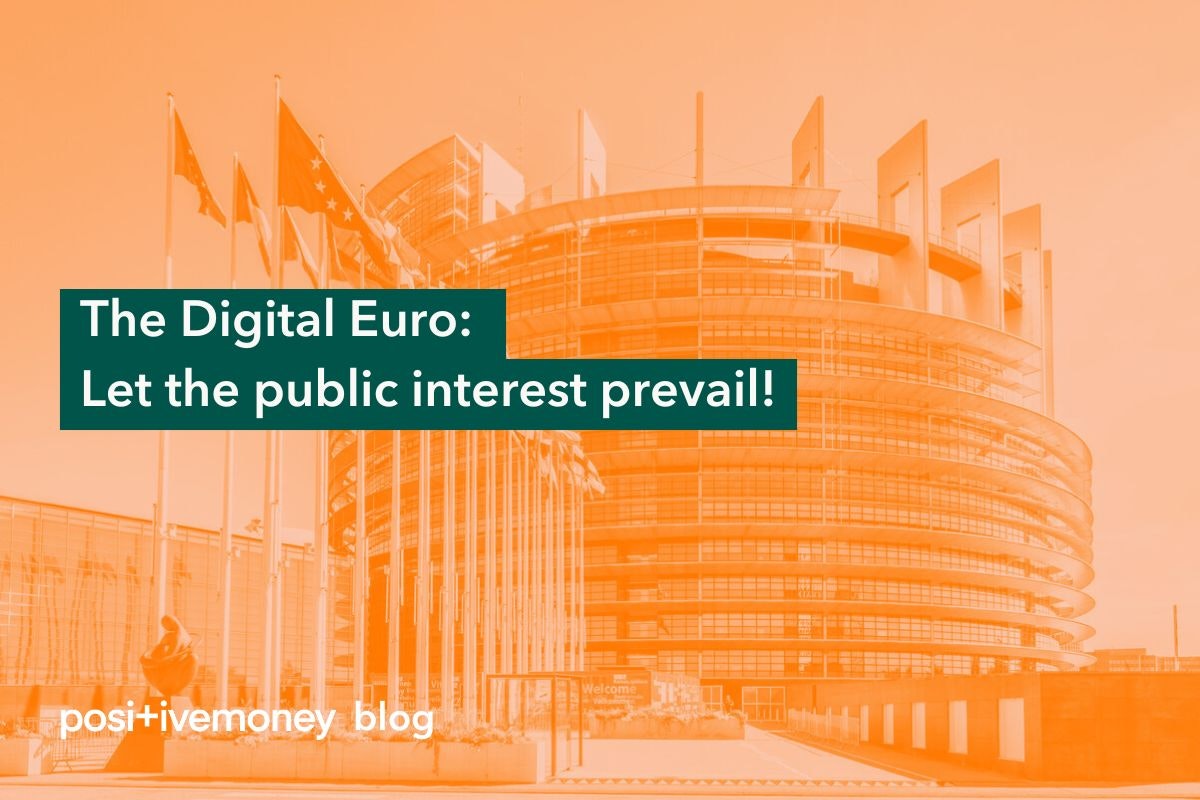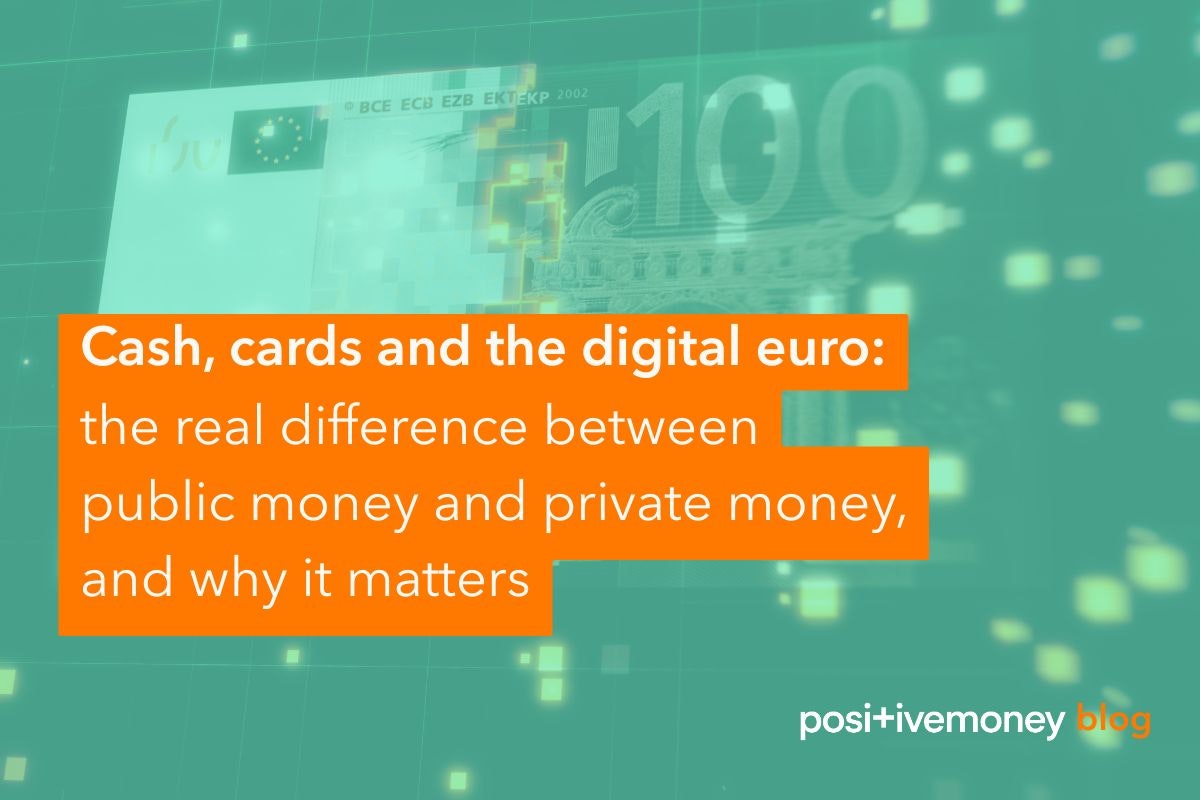
The future of moneyEU
12 January 2026
Imagine if tomorrow all ATMs stopped working. Or if Visa and Mastercard suddenly stopped operating in the EU. How would we pay for groceries, bills, or transport? This is one of the reasons why the digital euro is not just a nice-to-have, but a necessity - and also why the debate around it is urgent.
So, what exactly is the digital euro?
Think of it as the electronic version of cash: a form of public money that you could use through a card or directly from your phone. The key difference between the digital euro and the money in your bank account is that the digital euro, like cash, would have legal tender status. That means it would be guaranteed, risk-free, and accepted everywhere in the euro area.
This is what sets it apart from the money in your bank account. Bank deposits are private money: they exist because your bank promises to give you euros when you ask for them. But banks can fail, and while deposits are insured up to €100,000, anything beyond that is not fully protected. The digital euro, by contrast, would be public money: it will be issued and backed directly by the European Central Bank, which cannot go bankrupt. In other words, it would be as safe as holding cash, but usable in the digital world.
The digital euro would also come in two versions: online and offline. This means it could still work in emergencies, such as power cuts or network failures. Both versions are designed with strong privacy protections. The offline version would work much like cash, with cash-like anonymity. The online version would use pseudonyms, so only minimal data (such as payer code, receiver code, and amount) would be visible. Crucially, the European Central Bank would not—and cannot—track or block your spending, just as it doesn’t with cash today.
Why is this urgent now? The geopolitical context is shifting fast. Europe’s payment system is still heavily dependent on foreign providers like Visa and Mastercard. If they suddenly stopped operating in the EU, most eurozone countries would have no backup. In fact, 13 out of 20 eurozone members don’t have their own national payment system. This leaves Europe exposed and weakens its financial sovereignty.
A common European payment system, powered by the digital euro, would make the EU more competitive, strengthen the international role of the euro, and ensure smoother, safer digital transactions across the entire euro area. Importantly, the digital euro would also help in emergency situations. For example, when widespread power outages hit Spain and Portugal in April 2025, people could not make electronic payments. With the offline version of the digital euro, basic payments would still be possible, even without electricity.
That’s why the digital euro matters for everyone: it’s about guaranteeing that Europeans can always access safe, reliable money.
Where do things stand politically? The political process has been slower than expected. The European Commission released its legislative proposal for a regulation in June 2023, but work on the digital euro files paused ahead of the 2024 European elections and remained on hold for months. The Parliament’s rapporteur (the MEP responsible for leading the file) changed at the end of 2024, adding to the delay. Now, however, debates are finally restarting in the European Parliament, spurred by growing geopolitical instability and renewed pressure to advance legislation. At the same time, EU governments are working on the technical details in the Council.
It’s important to note that the European Central Bank, which is leading the project, cannot move forward to the next phase of implementation until the EU adopts the necessary laws. That’s why it’s time for policymakers to act - and to act quickly. The digital euro is not just about financial innovation: it’s about protecting Europe’s sovereignty and ensuring citizens always have access to money they can trust.
At the end of the day, the digital euro is not about abstract policy debates in Brussels. It’s about people. It’s about knowing that, no matter what happens with banks, cards, or global politics, you will always have access to safe and reliable money. Just like cash has served us for centuries in the past, the digital euro can be the guarantee of trust and stability in the new digital age of the present and the future
